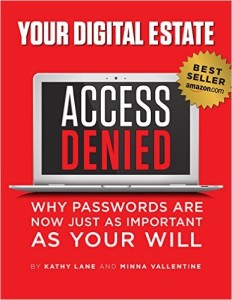 Most blank will forms are based on the assumption that you are part of a traditional nuclear family with a husband, a wife and a common set of children. It will further assume that you wish to follow the traditional path of inheritance: The surviving spouse will inherit the deceased’s assets and they will they pass to the children upon the second spouse’s death.
Most blank will forms are based on the assumption that you are part of a traditional nuclear family with a husband, a wife and a common set of children. It will further assume that you wish to follow the traditional path of inheritance: The surviving spouse will inherit the deceased’s assets and they will they pass to the children upon the second spouse’s death.
Instead, as is very often the case today, you may be part of a blended family. If so, you should definitely see an attorney and prepare a will that will protect every member of that new family.
Let’s look at an example of what might happen if you don’t have a well written will.
John and Susan had both been married previously. John had two children from his first marriage and Susan had three. When they got married, all was well for several years. Then John died suddenly. Susan inherited all of John’s estate (which included assets he had brought into the marriage).
When Susan died, her three children inherited her assets; John’s children got nothing. Why, because they were not Susan’s legal children and neither John or Susan’s will legally protected them. A lengthy legal battle ensued with the biggest winner being the attorneys.
Although this blog is based on an article from the Sydney Morning Herald, it is critical for everyone in a blended family to take heed.
Make sure your legal paperwork protects your family and distributes your assets the way you want them allocated. Don’t take a shortcut now that may result in unnecessary pain and suffering at a later date.
For more information about estate planning, check out our website www.diesmart.com.




